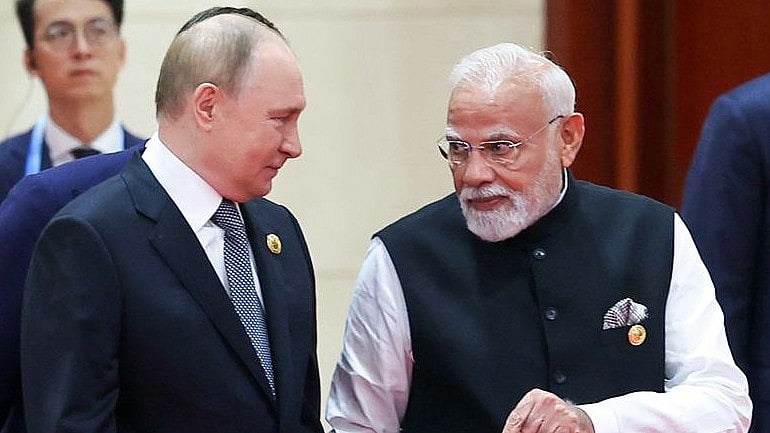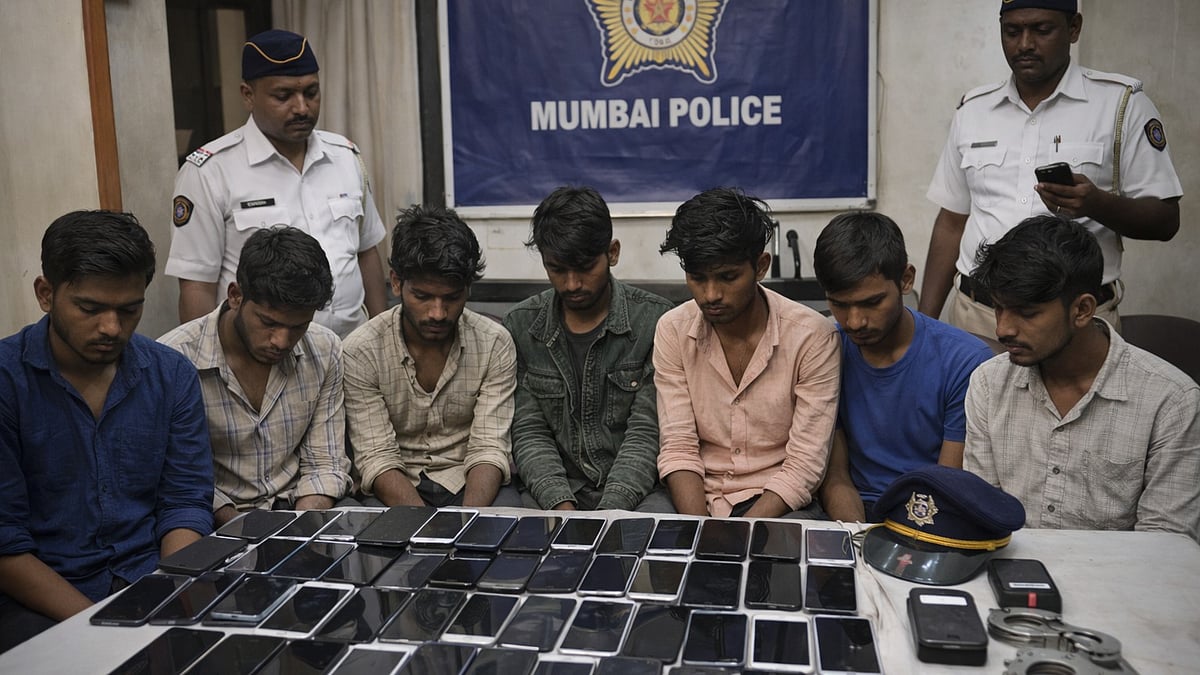Mumbai : The Bombay High Court on Friday said the Maharashtra government should establish a stringent mechanism while releasing accused/convicts on bail, parole or furlough to ensure that they return and do not go absconding.
“Unfortunately we do not have a stringent law in place to act as a deterrent and create fear in the mind of the accused and convicts. We need a proper mechanism to put pressure on them to say that if they do not surrender they will face serious consequences,” a division bench of Justices N H Patil and A R Joshi said.
Expressing concern over a large number of absconding accused, the Court directed the State to produce a classified list of absconders, containing the information about the stage of their cases. The court also raised concern over the present investigation method applied by the police and said scientific methods should be adopted in criminal investigation.
The court also directed the government to file an affidavit giving details of how many accused are absconding pending trial, pending chargesheet to be filed, after conviction in trial court but appeal pending in High Court and after conviction in High Court and Supreme Court and out on bail or parole, in six weeks. The Court was hearing a suo moto PIL, alleging inaction on part of the government in tracing the absconding accused.
The Court had in 2004 taken up suo moto (on its own) cognisance of the issue. At the time, over 22000 accused/ convicts were found absconding.
The bench was on Friday informed that as on date 5,550 accused/ convicts are absconding in Maharashtra. “Measures to tackle the issue need to be taken at the earliest. The Maharashtra government must take this issue seriously,” the court said while directing the prosecutor to take up the issue with the Additional Chief Secretary, State Home Department. The court also noted that the government needs to adopt a scientific and forensic approach while dealing with such cases. “Even today a constable at the police station will sit with a pen and paper to take down statements. Scientific and forensic approach needs to be taken now,” the court said.




